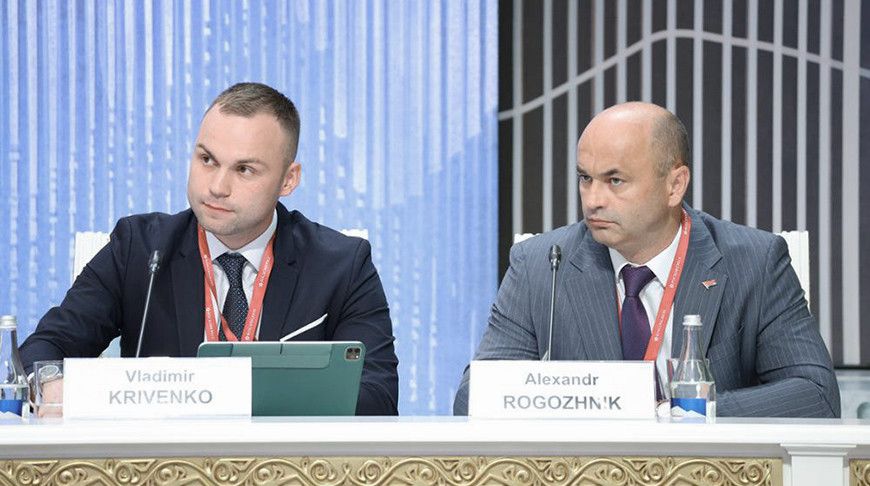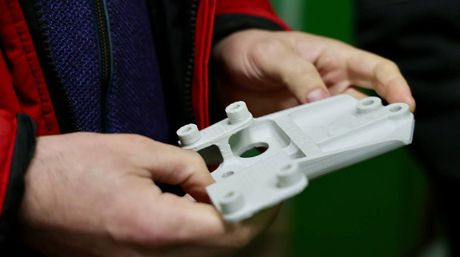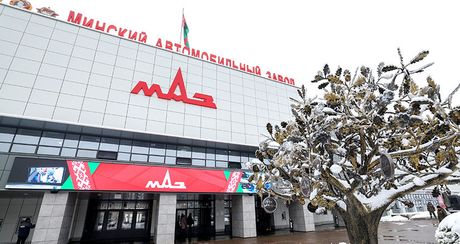Ambassador: Russia plans to extend another tranche to Belarus for high-tech projects
14:28, 16 July

Photo: BELTA
Russia is planning ti extend another tranche of RUB105 billion to Belarus for joint import-substituting projects in high-tech industries, Ambassador of Belarus to Russia Aleksandr Rogozhnik said at the Caucasus Investment Forum which is running in Grozny, Russia, BelTA has learned.
- Share on Facebook
- Share on VK
- Share on Twitter
"In terms of the interaction with the Russian Federation within the framework of a RUB105bn loan, all projects have been approved and are already in progress. I hope that all the funds will be utilized this year. Today we are working on the next tranche in the same amount in order to focus on the high-tech, complex projects that the two countries have never implemented within the framework of the Union State. Such work is already underway with the Ministry of Industry and Trade of the Russian Federation. Some of the projects have already been mapped out," Ambassador Aleksandr Rogozhnik noted.
As part of the first tranche the two parties gained experience in drawing up roadmaps to import-substituting projects in microelectronics (including the creation of a component base for the needs of this industry), machine tool building, aircraft construction, the Belarusian ambassador said. "Today, work is underway on a program to manufacture airfield equipment: everything that was previously imported, and a number of other projects," the ambassador added.
The diplomat also urged to pay attention to the issues of competitiveness and protection of producers we the two parties launch joint import-substituting projects. "The most important thing for investors and manufacturers is to understand how competitive this or that product is and what protective measures the state will introduce for these projects. In my opinion, we need to think about these protective measures within the framework of the Eurasian Economic Union. While investing huge funds in the development of our own manufacturing sector we sometimes ignore these aspects," Ambassador Aleksandr Rogozhnik stressed.






